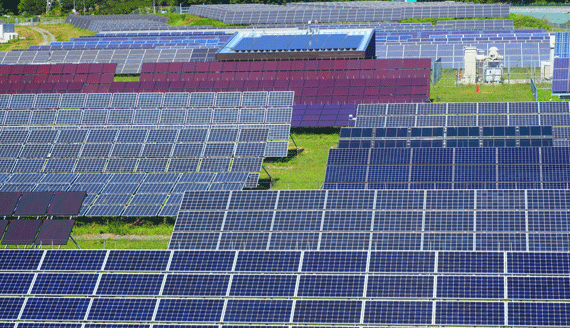
THE move by the government to spearhead the setting up of 250 megawatts (MW) solar plant in Gwanda stands out as one of the few positive proposals contained in Finance minister Patrick Chinamasa’s 2014 budget.
Chinamasa announced last Thursday that the project, which is part of an array of measures to tackle the country’s perennial power shortages, would cost between $118 and $250 million.
He said the construction would happen within the next two years and would be funded through public-private partnerships.
Zimbabwe has been slow in taping renewable energy such as solar power and Gwanda has been given a chance to pioneer something that is becoming the way of life the world over.
A solar thermal power plant works no differently from the conventional steam electricity plants. However, solar plants do not harm the environment like coal, natural gas or uranium-powered electricity stations do. Electricity is produced solely by the energy that comes from the sun.
Zimbabwe currently relies on coal-fired power stations located in Hwange, Bulawayo, Harare and Munyati as well as the Kariba Hydro Power Station. The thermal power stations are always down because of maintenance issues and coal shortages at times. Such problems would not be an issue for a solar-powered electricity station.
It is also important that Chinamasa also pledged to prioritise the Hwange Thermal Power Station, which requires $115 million for the rehabilitation of the plant, including the overhauling of units 4, 5 and 6 and the auxiliary plant. The project was allocated $3,2 million for the replacement of the obsolete plant operating system.
He said the government was targeting constructing two additional units expected to increase power generation by 600MW and should be finalised in the next five years.
- Chamisa under fire over US$120K donation
- Mavhunga puts DeMbare into Chibuku quarterfinals
- Pension funds bet on Cabora Bassa oilfields
- Councils defy govt fire tender directive
Keep Reading
But it is the Gwanda project that must be singled out for special mention principally because of its location.
The government has been accused of marginalising the Matabeleland region by deliberately starving it of investment and the location of this project in Gwanda should be a signal that the authorities are now prepared to do things differently.
Development projects should be spread favourably to all parts of the country to dispel fears that the government would want to keep some areas underdeveloped for whatever reason.










